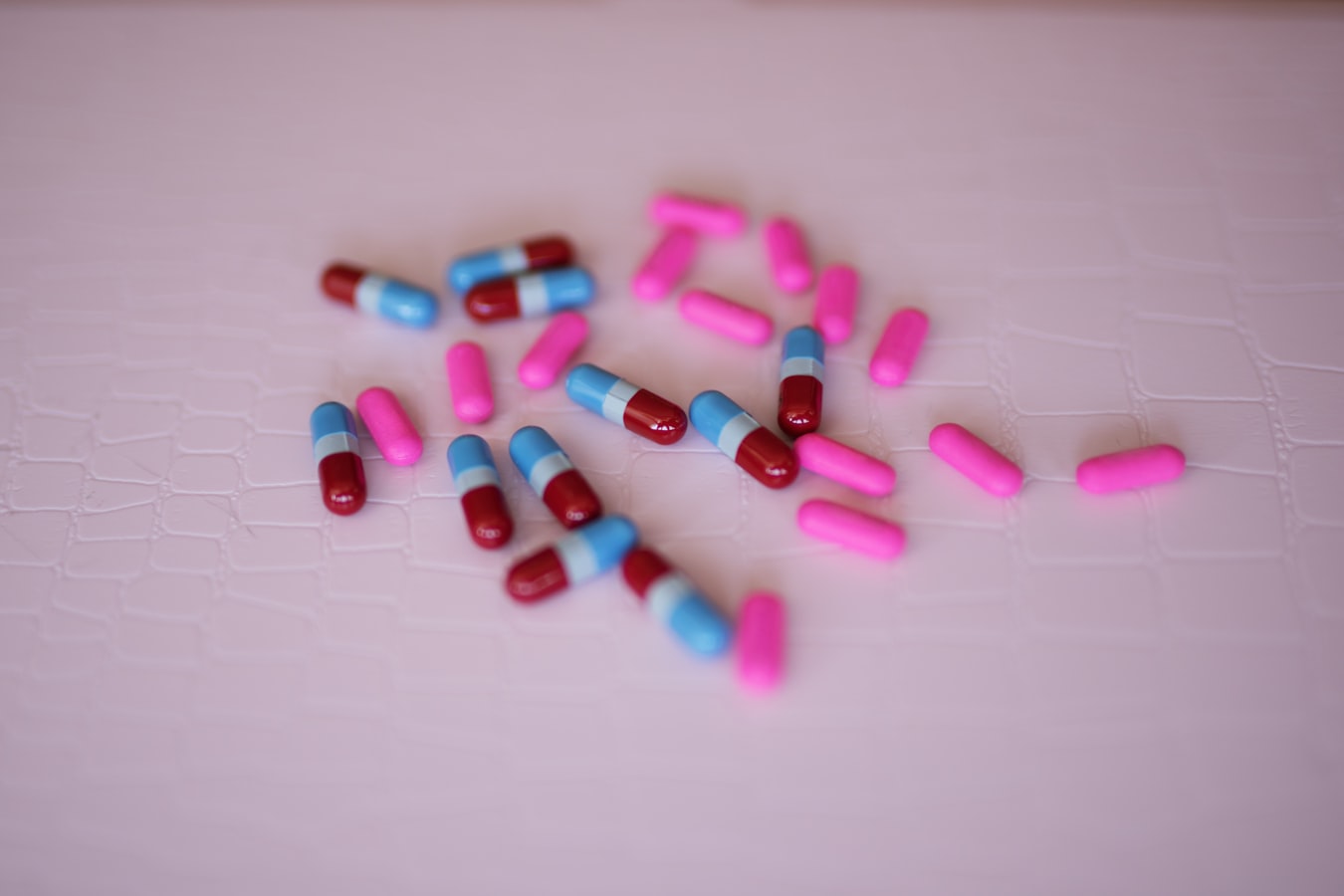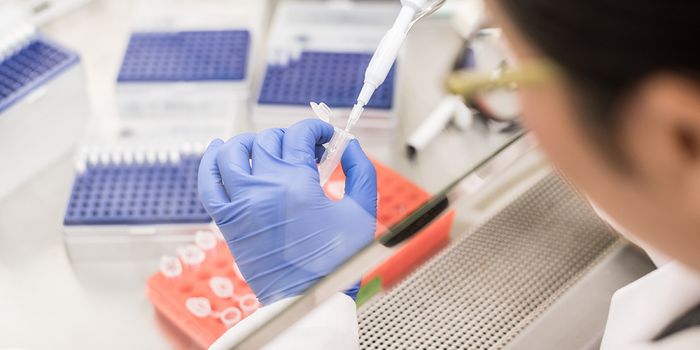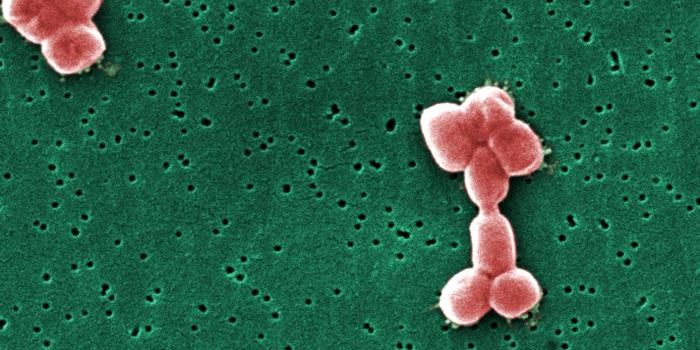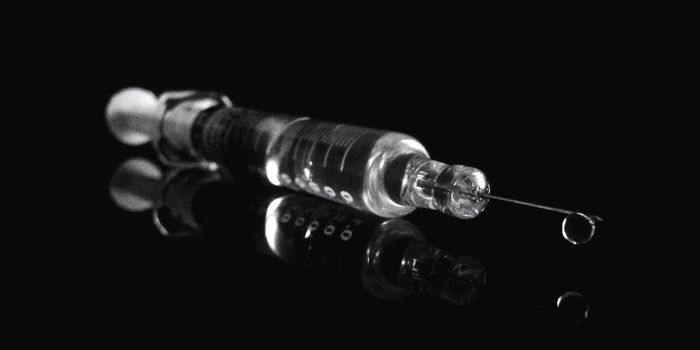Aspirin Usage Improves Liver Function After Embolization Treatment
Aspirin usage has been under scrutiny in recent research. But now, studies are bringing aspirin therapy in renewed light with its association in improving liver function after an embolization procedure. In a study published in the American Journal of Roentgenology (AJR),
The therapeutic use of appropriate doses of aspirin improved the function and survival of the liver in patients who had hepatocellular carcinoma (HCC) after transarterial embolization (TAE).
Learn more about transarterial embolization (TAE):
In a retrospective review study involving 304 patients led by F. Edward Boas at Memorial Sloan Kettering Cancer Center in New York City, 42 patients were found to be taking aspirin at the time of the TAE procedure for HCC treatment. This was evident by the bilirubin levels: lower 1 day (0.9 vs 1.3, p < 0.001), 1 month (0.9 vs 1.2, p = 0.048), and 1 year (0.8 vs 1.0, p = 0.021) post-embolization.
"Although the differences in liver function test results in the groups taking and not taking aspirin were small, standard biochemical liver function tests are insensitive to early cirrhotic changes,” says Boas before clarifying further that "small changes in biochemical liver function test results might underestimate the degree of liver injury after embolization."
The usage of aspirin therapy had no indications of disparities in an initial response rate--(88% vs 90% complete response or partial response, p = 0.59), median time to progression (6.2 vs 5.2 months, p = 0.42), initial site of progression (p = 0.77)--or disparities in the fraction of patients dying with HCC progression (88% vs 89%, p = 1.00). Overall, median HCC survival after TAE procedure was measured longer for the cohorts on aspirin therapy(57 vs 23 months, p = 0.008).
Because the study was a retrospective analysis, there may be confounding variables that account for the improved survival among TAE treated HCC patients who took aspirin. Such clinical characteristics of the results, and despite the comparable liver function, more research is needed to ensure how effective and safe aspirin therapy may be in future treatments.
Source: American Roentgen Ray Society









